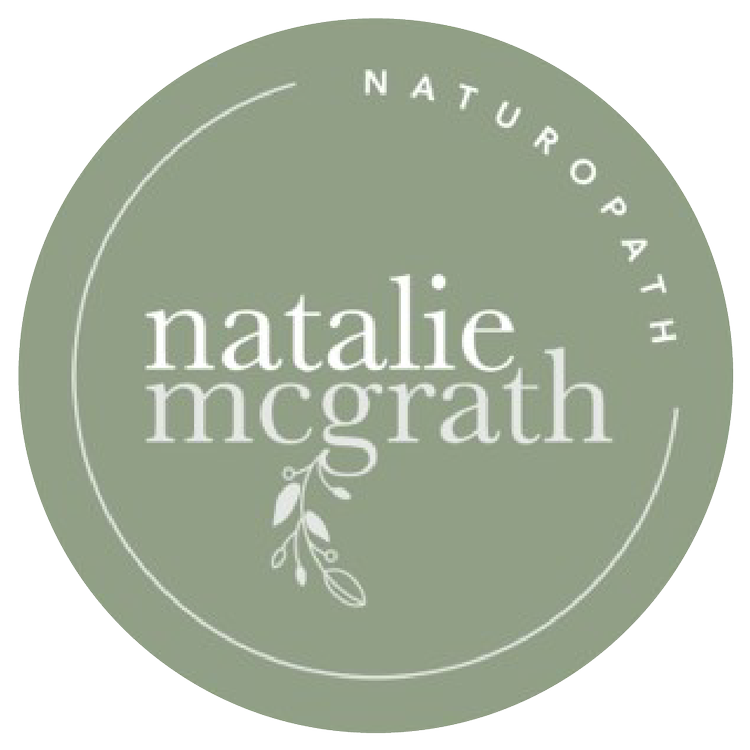I recently presented a workshop about nutrition and mental health with a group of teenagers. There were 38 kids in total and I was nearly knocked off my feet when I asked if any of them were vegetarian or vegan. 16 said that they were.
Wow, that’s over 40%
This really concerns me. Only 2 of them were aware about the issues of vitamin B12 deficiency.
There is a massive movement for vegetarianism and veganism at the moment and I get it. Our younger generation (and not just the younger generation) are trying to do what they think is the right thing, but at what cost to their own health.
There are cultures in the world that being vegetarian is the norm. This I don’t have a problem with as its been carried through generations this type of eating. They usually eat a wide variety of plant food that contains different protein sources to sustain a healthy diet. Also, their cooking methods and storage of food is conducive for bacteria growth and this supplies them the natural source of B12 and other nutrient needs.
Being a modern-day vegetarian or vegan is hard work. Let’s be clear animal protein is jammed packed with protein and essentials nutrients that we need. It is a big job to reach the equivalent amount of nutrients just with plant foods. It can be done with knowledge, expert supervision, time and meal planning.
Let get back to these kids, most have become vegetarian or vegan in the past 12 months. As a general rule they cut of out animal products and just fill the space with not so healthy food. To stay satisfied they usually fill themselves up with carbohydrates like bread and pasta.
Recently I had a 16 year old female patient come see me with mental health issues. Her doctor has put her on anti-depressants with no blood work or further discussions.
This teenager started a downward spiral of anxiety, depression and fatigue 6 months ago and guess what she became a vegan 2 months before then.
We followed up with some blood tests and found her iron extremely low and her B12 dangerously low. Both of these nutrients essential for so many functions especially energy and mental well-being.
I have found people that do go down the vegetarian/vegan journey can feel amazing for the first few months as they are taking a load of the digestive system (as protein can be quite difficult to digest) but a few months down the track this is when the nutrients start to run out including protein. Protein is essential for many processes including metabolism, blood sugar regulation, neurotransmitter production to just name a few.
You can also run the risk of being coming deficient in a range of nutrients as well. Even animal protein eating people run the risk of running low of these nutrients so you can imagine how the risk can be a very real one for vegetarians and vegans.
VITAMIN B12
The biggest concern for me is Vitamin B12 deficiency. The risks are real and can be irreversible. B12 is sourced primarily from animal proteins and very minimal amounts are found elsewhere.
Vitamin B12 deficiency can lead to fatigue, mental health issues, lack of concentration, neurological issues, tingling, visual loss, plus a myriad of other symptoms.
IRON
Another risk is becoming deficient in Iron, which can lead to symptoms such as fatigue, mental health issues, palpitations, shortness of breath, restless legs.
My advice for people considering becoming vegetarian or vegan is to get professional guidance from a
naturopath or nutritionist. Its most likely that you will need to take a nutritional supplementation, especially B12.
It is also paramount to have regular blood work done every 6 months to make sure your nutrient levels aren’t dropping and that your supplement regime is adequate or that you aren’t overdoing it.

